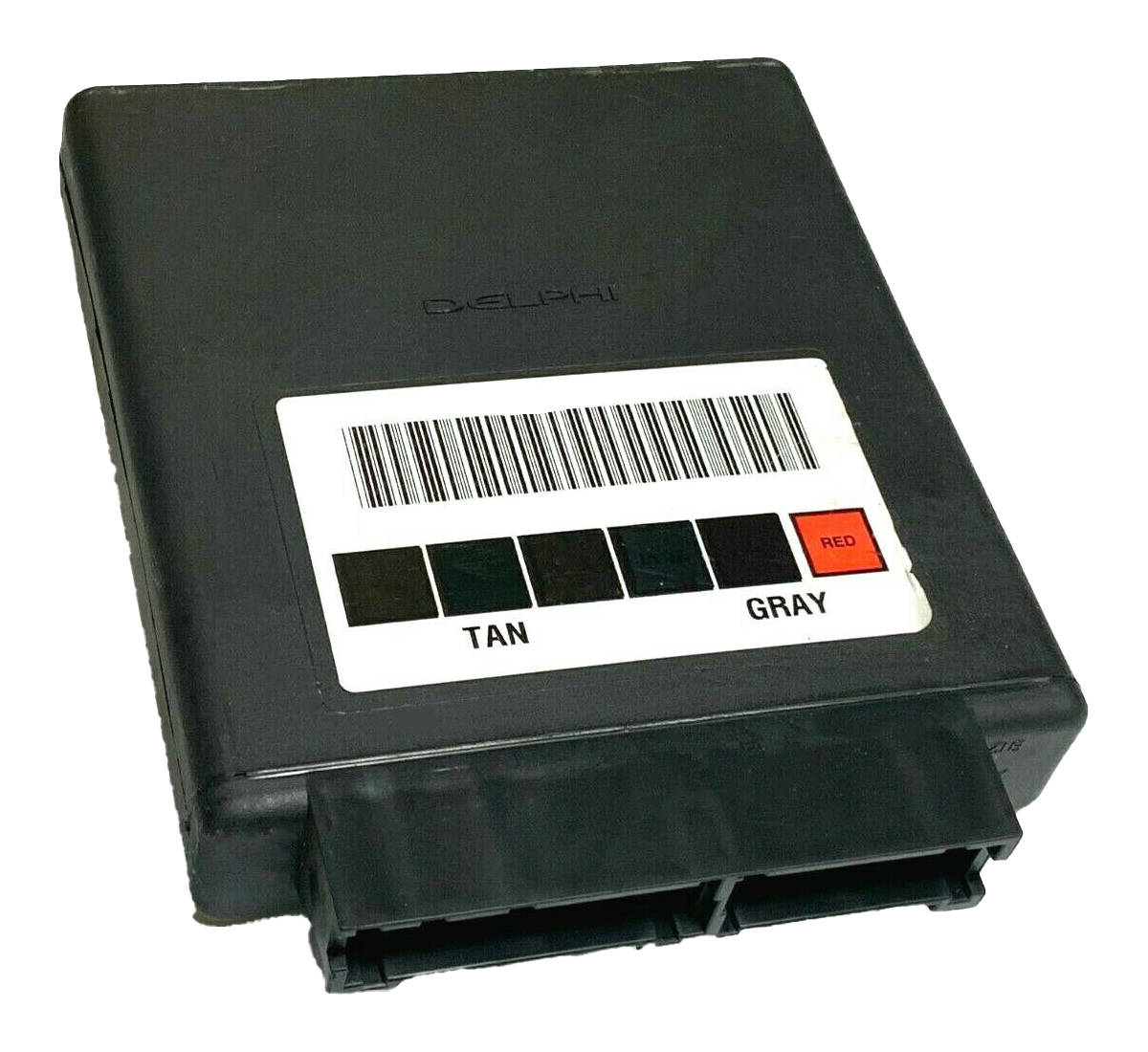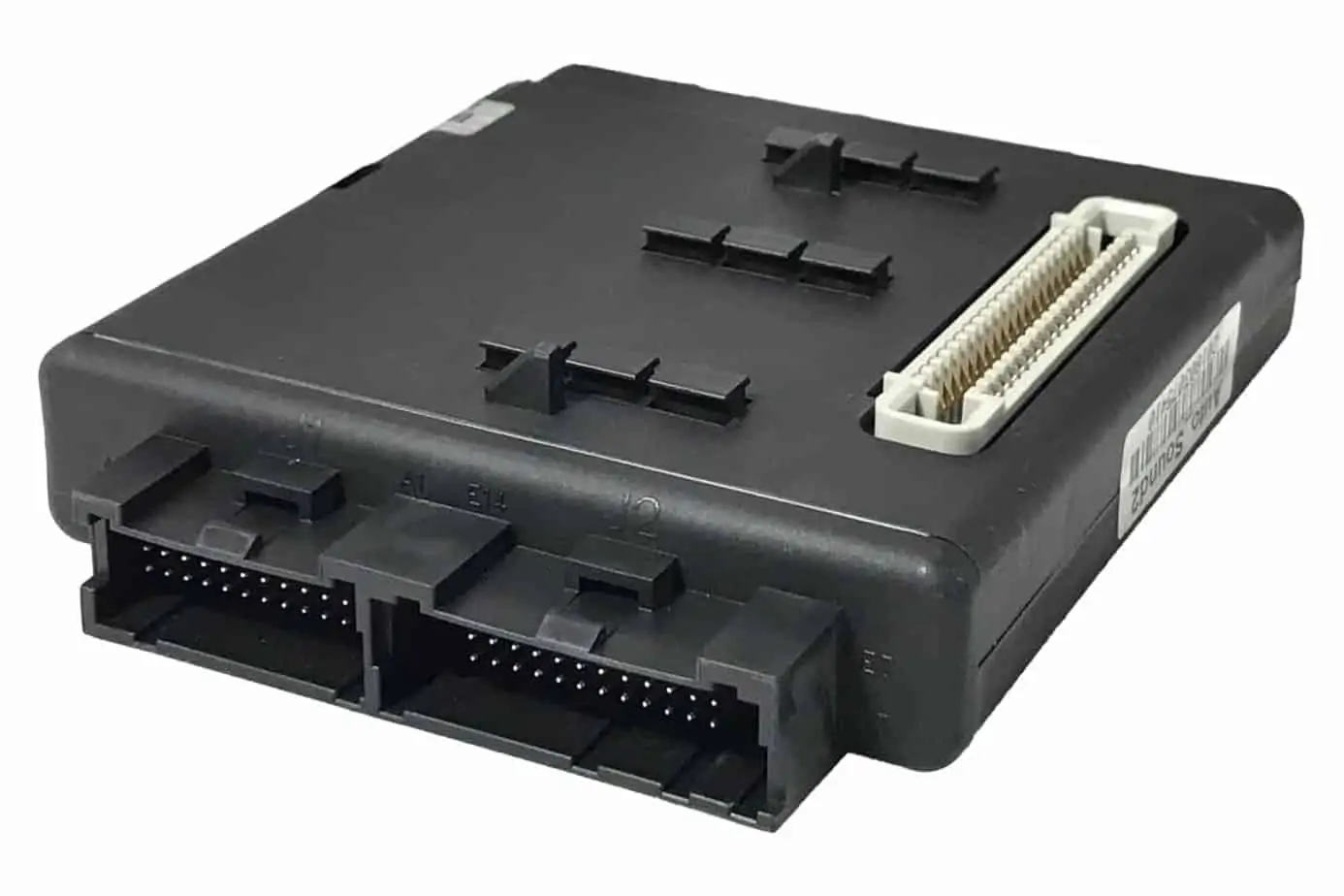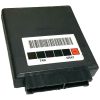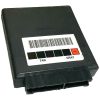End the Electrical Headaches in Your GM SUV
Are you dealing with bizarre and frustrating electrical issues in your Envoy, Trailblazer, or Rainier? Flickering lights, power windows with a mind of their own, or random warning messages on the dash are classic signs of a failing Body Control Module (BCM). This isn’t just an annoyance; it’s a critical failure in your vehicle’s central nervous system. We offer the definitive solution: a replacement BCM, professionally programmed to your vehicle’s exact VIN, ensuring a reliable and lasting repair.
Common Symptoms & Your Solution
A faulty BCM can cause a cascade of problems that can be difficult to diagnose. If you’re experiencing any of the following, this module is the likely culprit:
- Power windows, door locks, or interior lights operating erratically or not at all.
- The security system acting up or preventing the vehicle from starting.
- Inconsistent or non-functional instrument panel gauges.
- Erratic behavior from the heating and A/C controls.
- Communication issues with other vehicle modules, often triggering various warning lights.
Instead of gambling on a used part from a salvage yard that won’t match your vehicle’s options, our programmed 2004-2005 Envoy XUV BCM is delivered ready to install. We handle the complex programming for you, saving you a trip to the dealership and hundreds of dollars in labor and programming fees.
Features & Key Benefits
- ✔ VIN-Specific Programming: We flash the module with the latest GM software updates using your vehicle’s VIN. This ensures all your specific options (like power seats, sunroof, etc.) work correctly right away.
- ✔ Simple Installation: Because the programming is done beforehand, the physical installation is a straightforward swap of the original unit, getting you back on the road faster.
- ✔ No Core Charge: Keep your old BCM. There’s no need to worry about the cost, hassle, or logistics of sending the original part back to us.
- ✔ Broad Compatibility: This module is a direct replacement for part numbers 15122670, 15065293, 15114669, 15191621, and 9352135, fitting a wide range of GM SUVs from 2002-2005.
- ✔ Guaranteed Performance: This unit is backed by our one-year replacement warranty.
Expert Insight: The Critical Role of VIN Programming
Many people are tempted to grab a used BCM from a junkyard to save money, but this often leads to more problems. A BCM is not a simple one-size-fits-all part. It’s tailored to the specific features of the vehicle it came from. Installing an incorrectly programmed BCM can result in features not working, persistent error codes, or even a no-start condition due to security mismatches. Our VIN programming service isn’t just a convenience—it’s the essential step that makes this a true, reliable repair. We ensure your new BCM speaks the exact same digital language as the rest of your truck.
Important Post-Installation Information
While this programmed 2004-2005 Envoy XUV BCM is designed for a simple installation, some vehicles may require one or two final synchronization steps with a professional scan tool:
- Airbag System Sync: If the airbag light is on after installation, a ‘Setup SDM Primary Key in BCM’ procedure is needed to sync the new BCM with the airbag module.
- Brake Pedal Position Relearn: A recalibration of the brake pedal position sensor may be necessary on some models to ensure proper brake light and traction control function.
These procedures are straightforward for any competent repair shop. By purchasing this module, you acknowledge that these additional steps may be required to complete the installation.
Frequently Asked Questions
What does the BCM actually do?
The Body Control Module (BCM) is a computer that acts as a central hub for your vehicle’s body electronics. It controls non-engine related functions like power windows, interior and exterior lighting, door locks, security systems, and climate controls.
Why do you need my VIN?
Your Vehicle Identification Number (VIN) allows us to access the exact build sheet for your SUV. We use this information to program the BCM with the correct software and settings for all the specific options your vehicle was built with, ensuring everything works as it did from the factory.
Is this part difficult to install?
The physical replacement is typically simple. The BCM is usually located in or near the fuse box under the rear seat or in the dash. It involves disconnecting the battery, unplugging the electrical connectors, and swapping the module. However, as noted, some vehicles may require a final relearn procedure with a scan tool to finalize the installation.
Will this fix my ‘Service 4WD’ light?
While a faulty BCM can cause a variety of electrical issues, a ‘Service 4WD’ light is more commonly related to the Transfer Case Control Module (TCCM), the encoder motor, or the switch on the dash. It’s best to have the codes scanned to pinpoint the exact cause before replacing parts.
What happens if the airbag light comes on after I install it?
This is a known possibility. The BCM and the airbag module (SDM) have a security handshake. If the light appears, it simply means they need to be re-introduced. A repair shop with a professional-grade scan tool can perform the ‘Setup SDM Primary Key in BCM’ procedure in a few minutes to resolve this.
Do I need to send my old part back?
No. This BCM comes with no core charge. You can keep, discard, or recycle your original part at your convenience.



